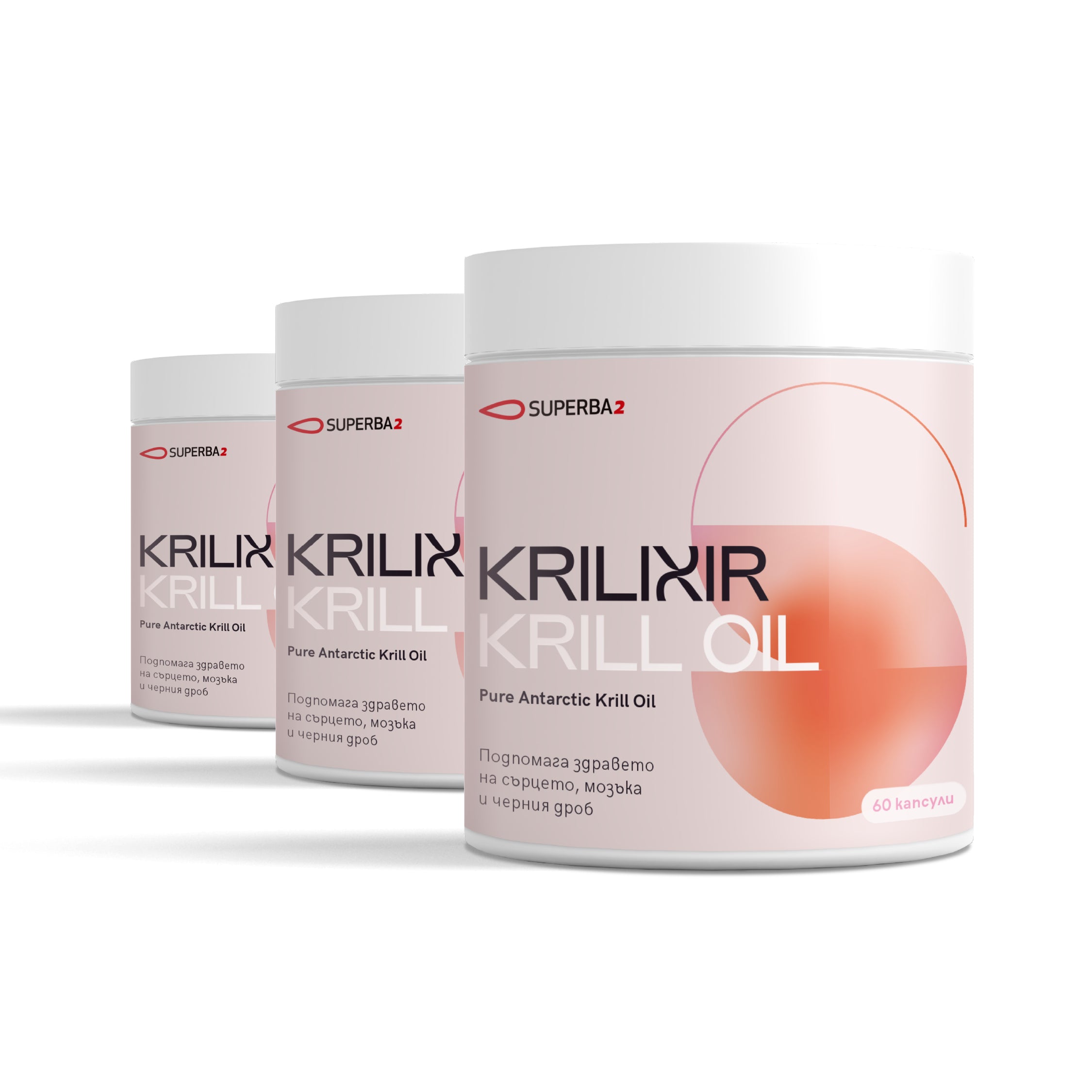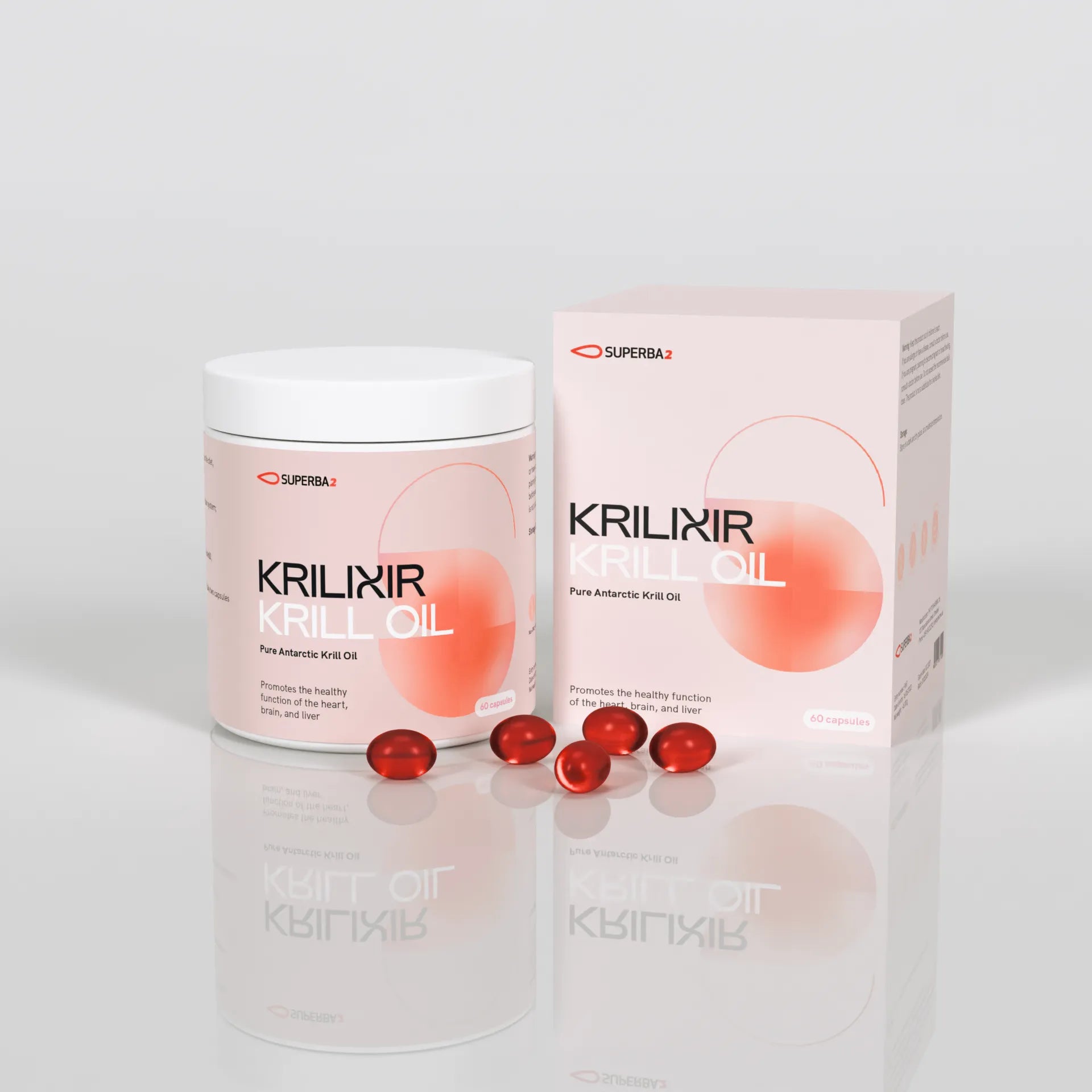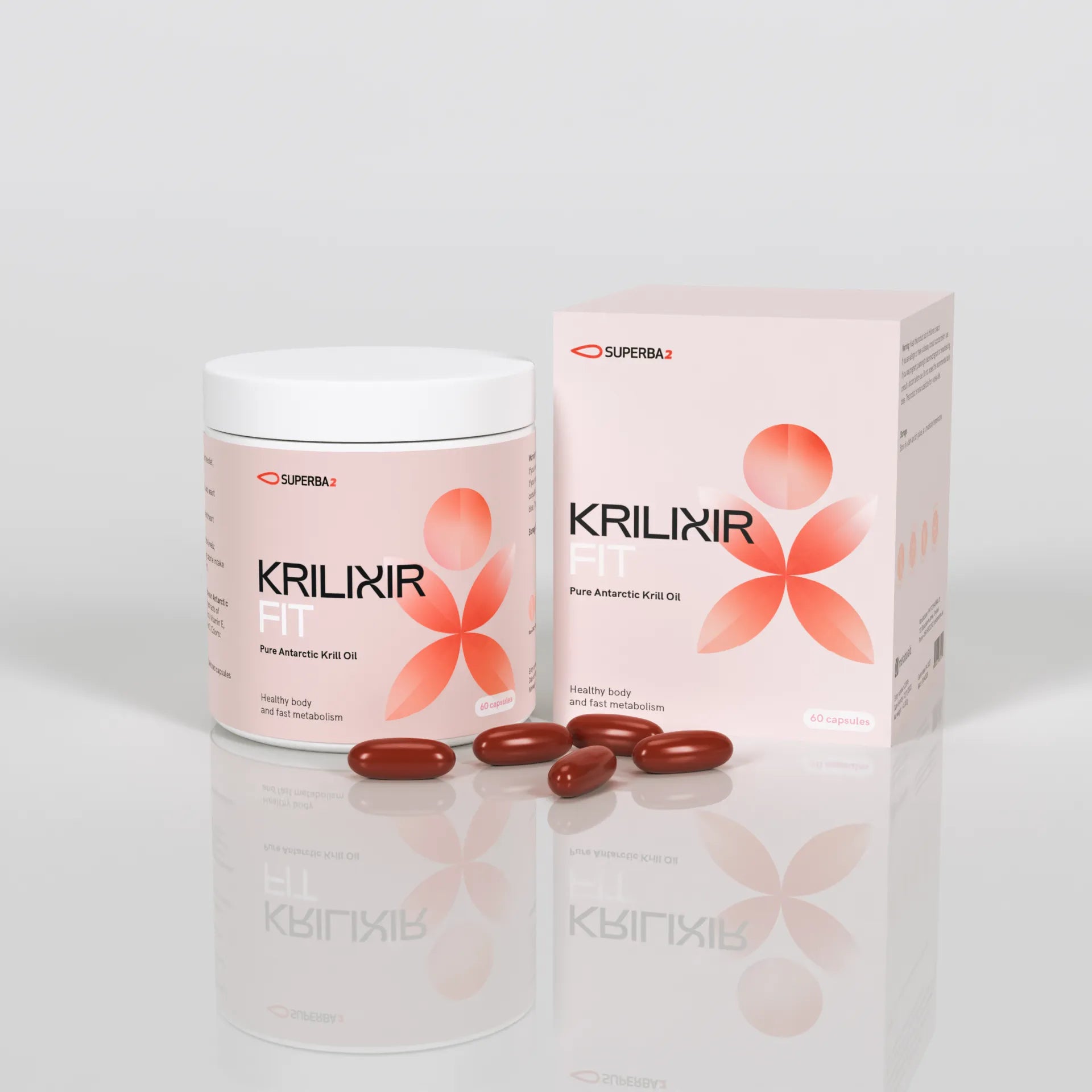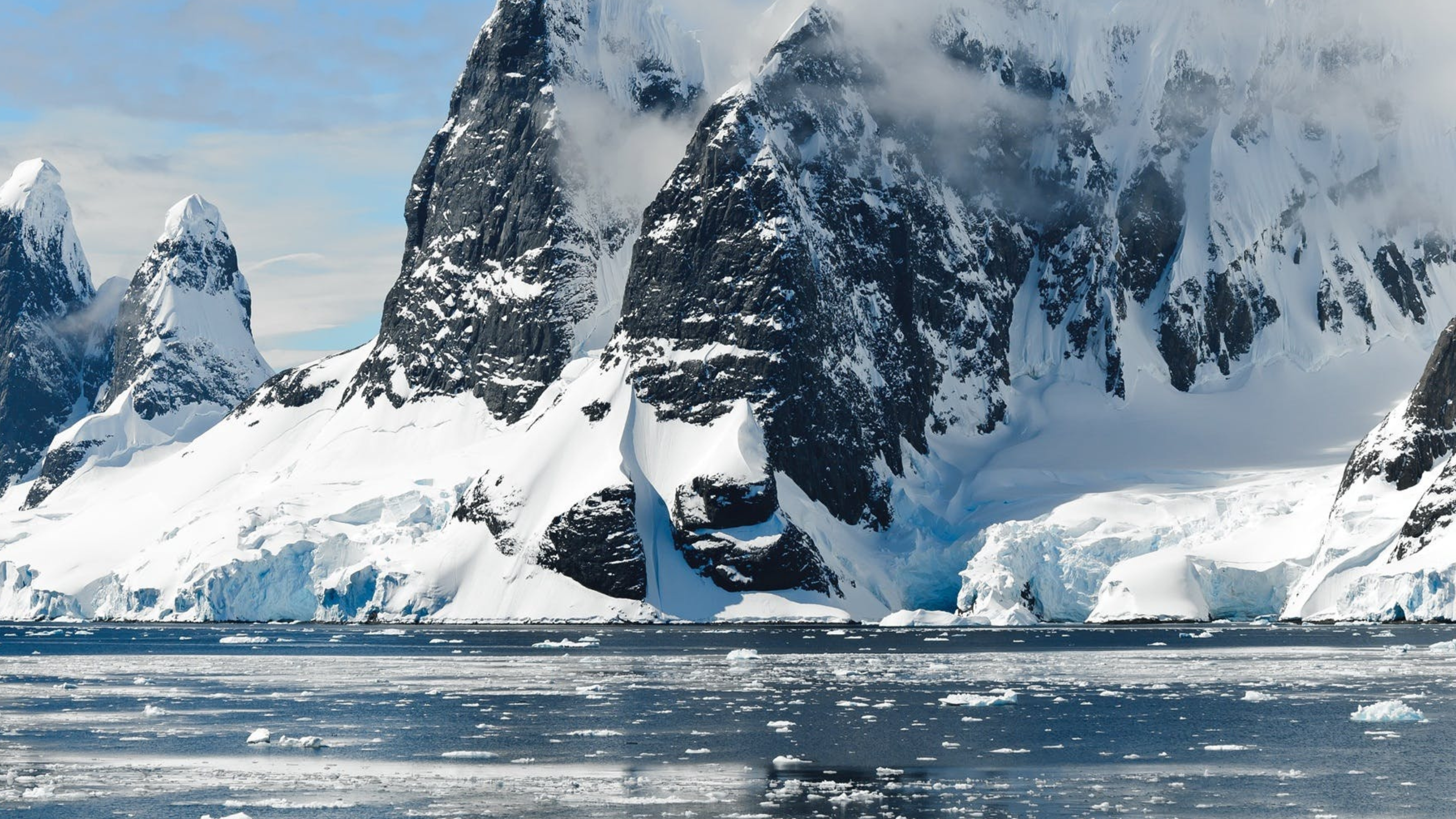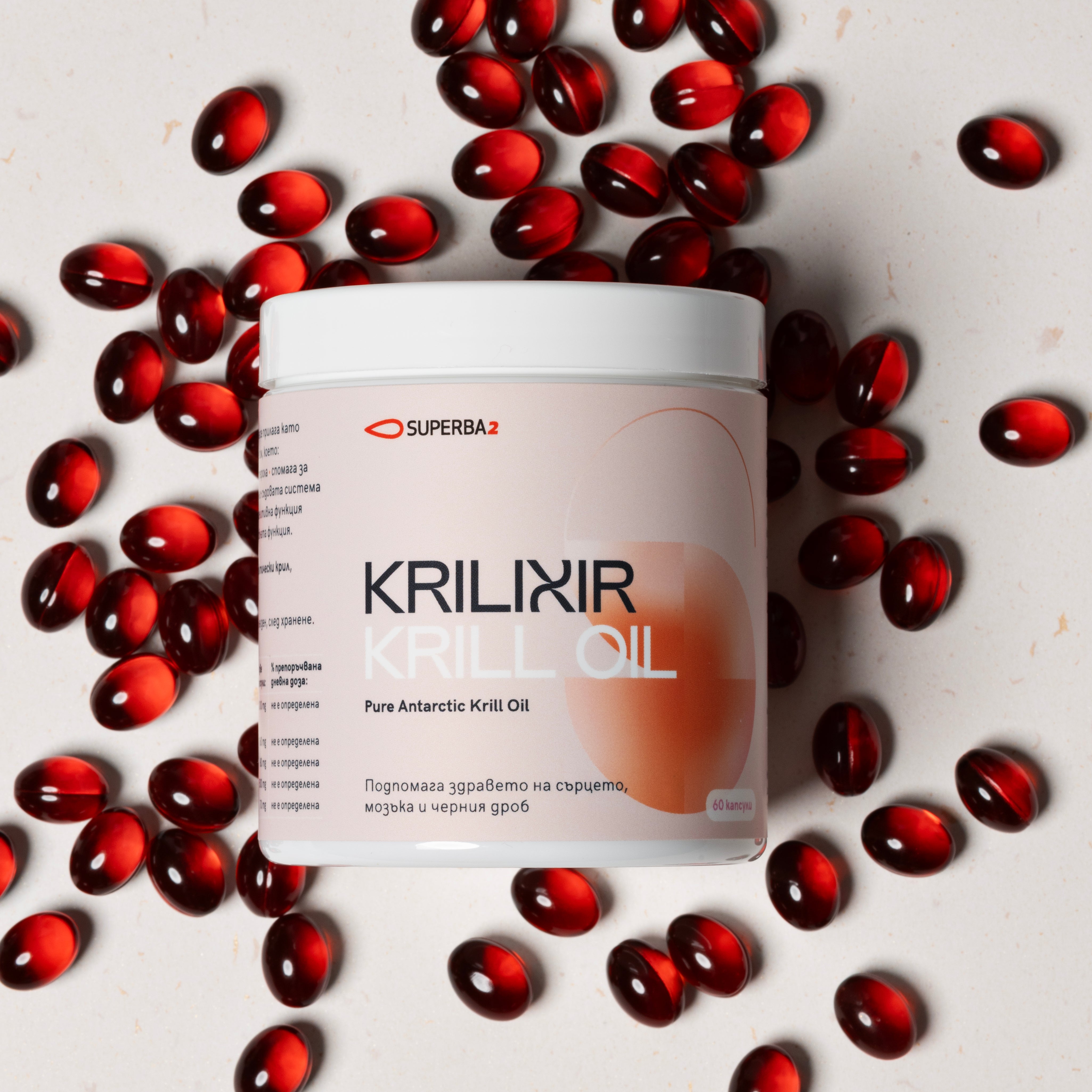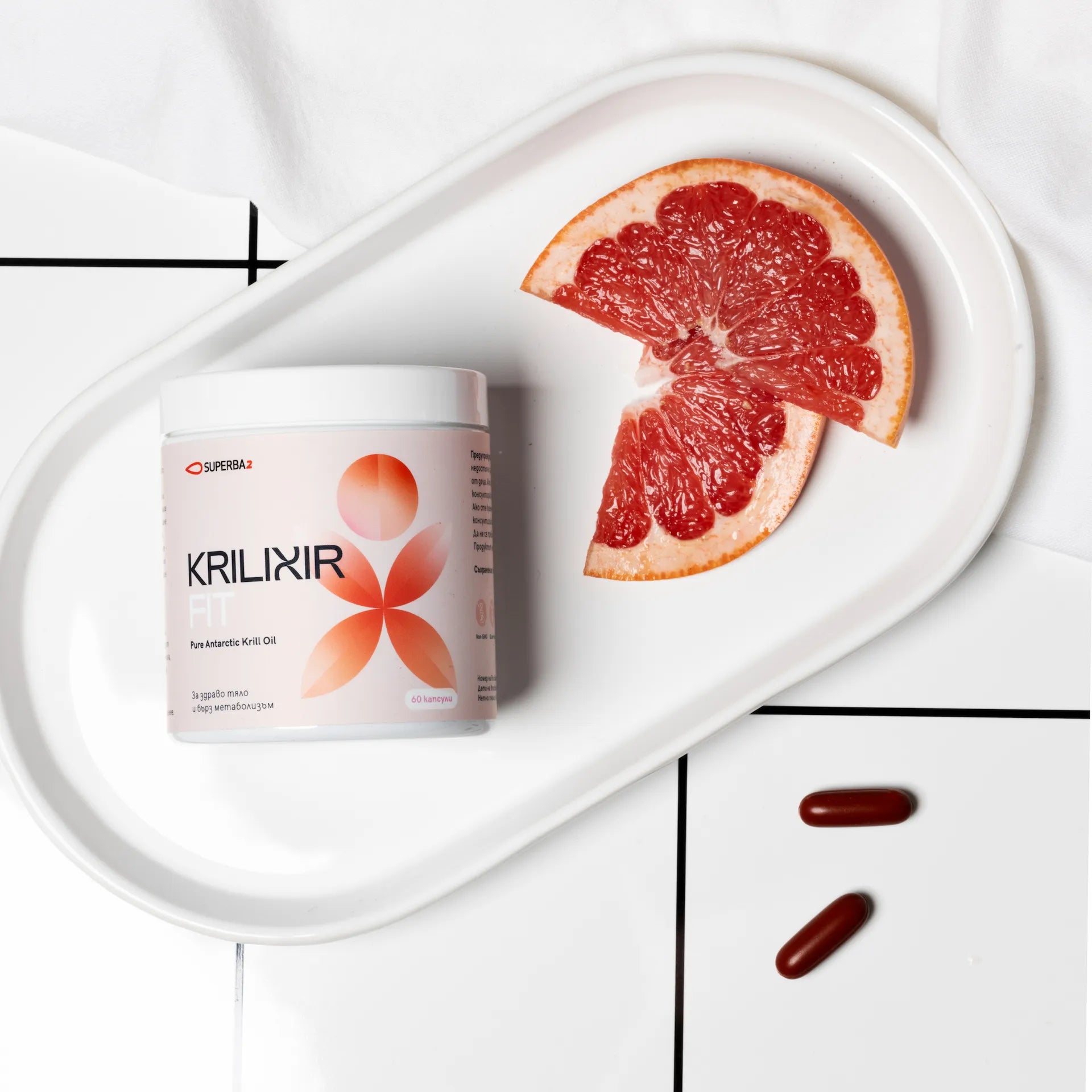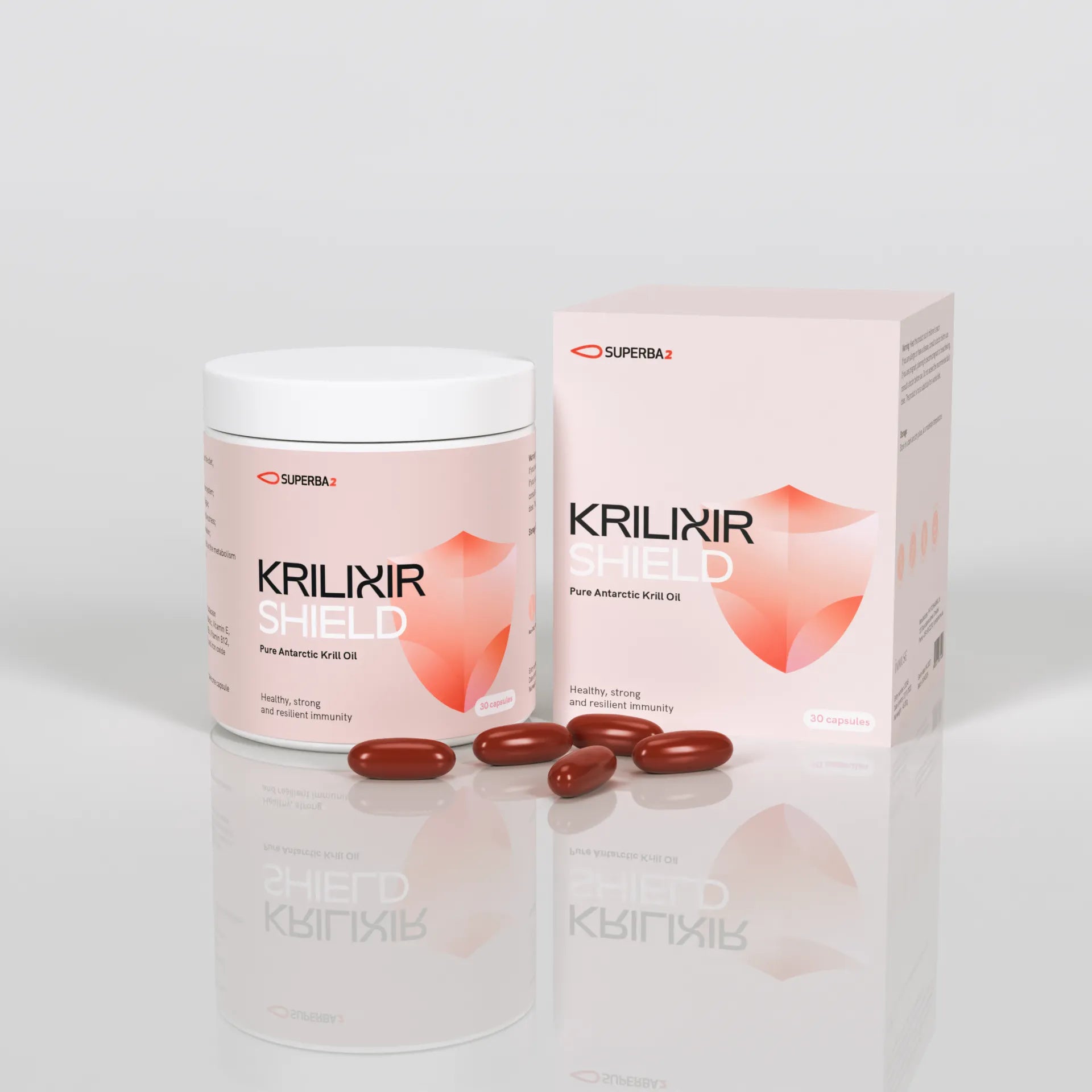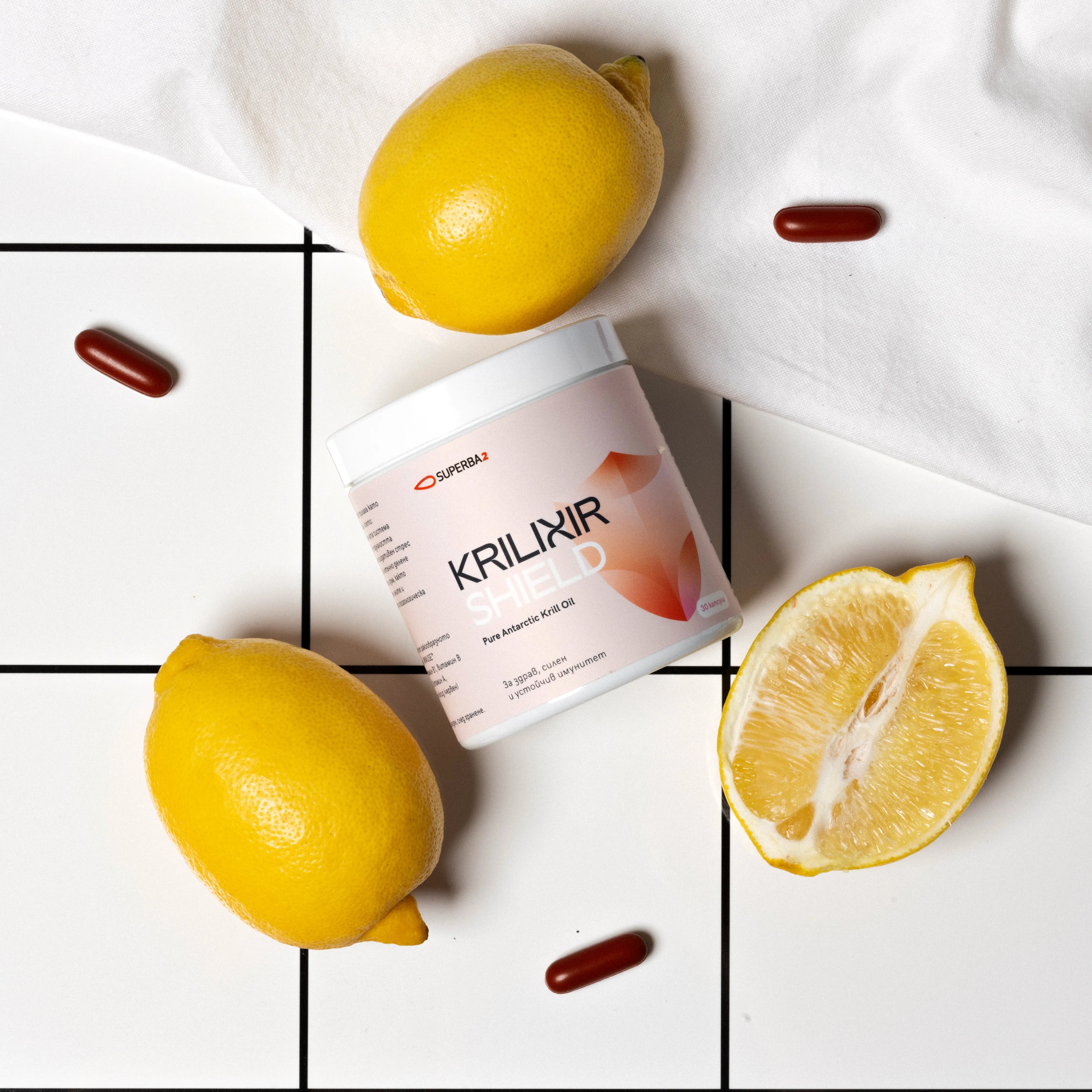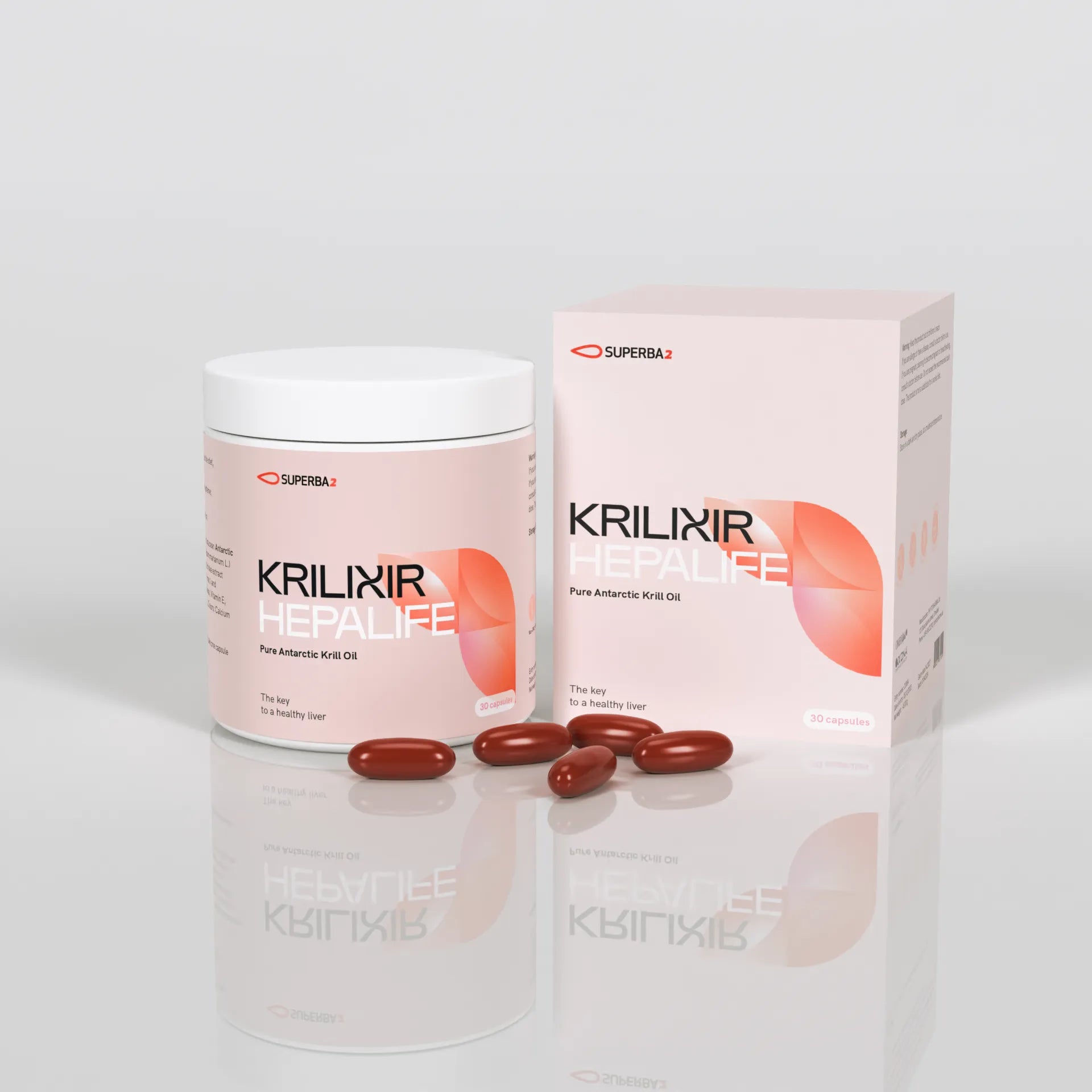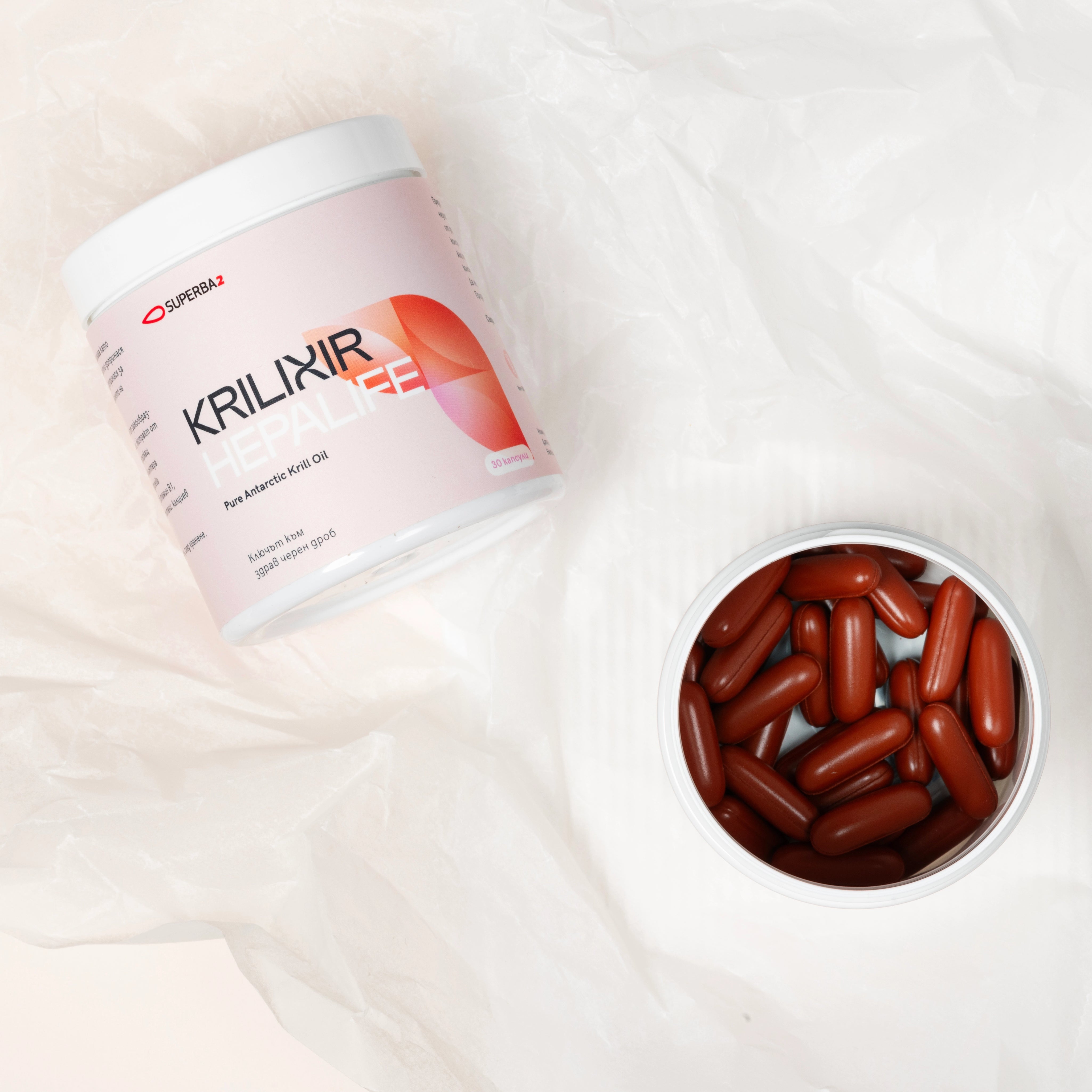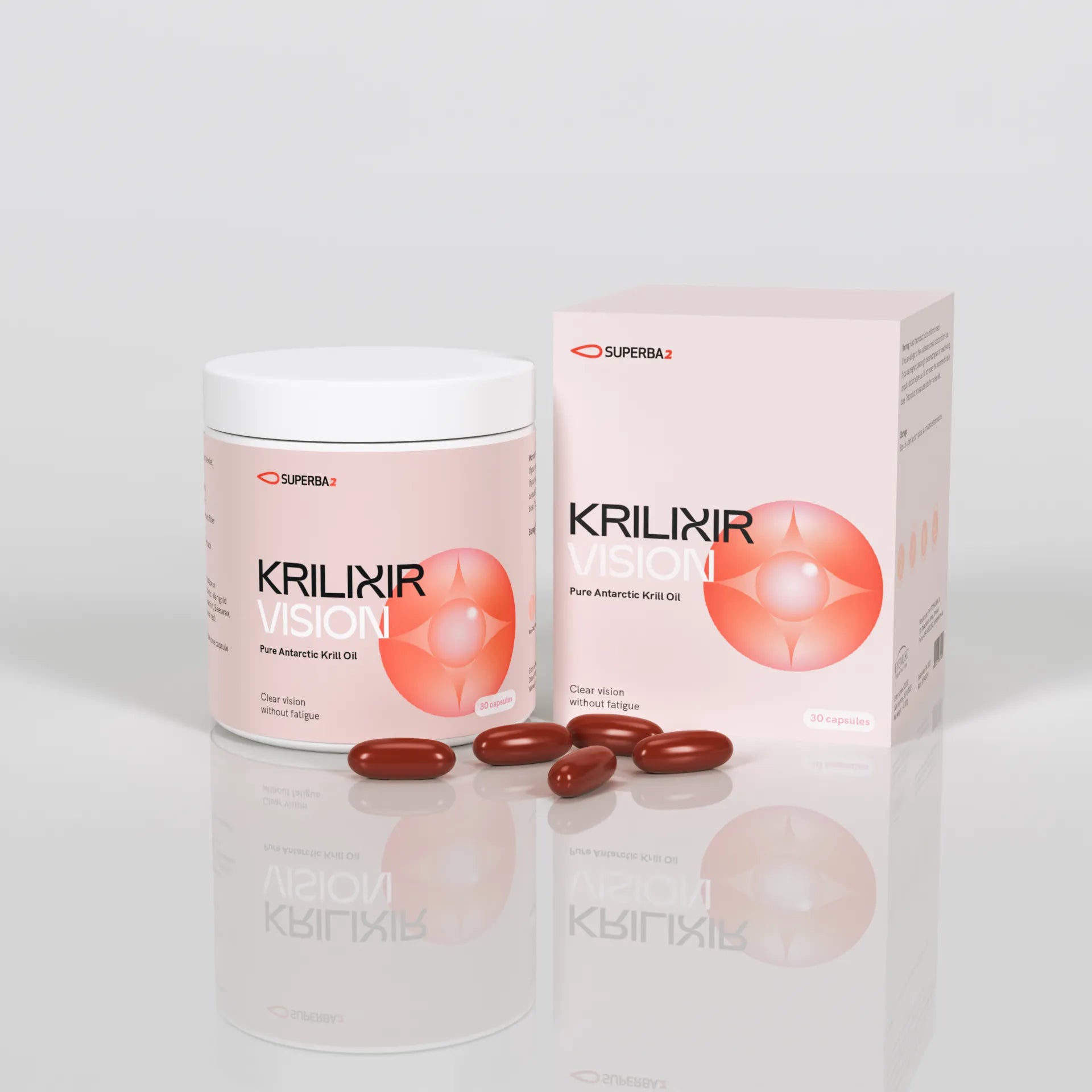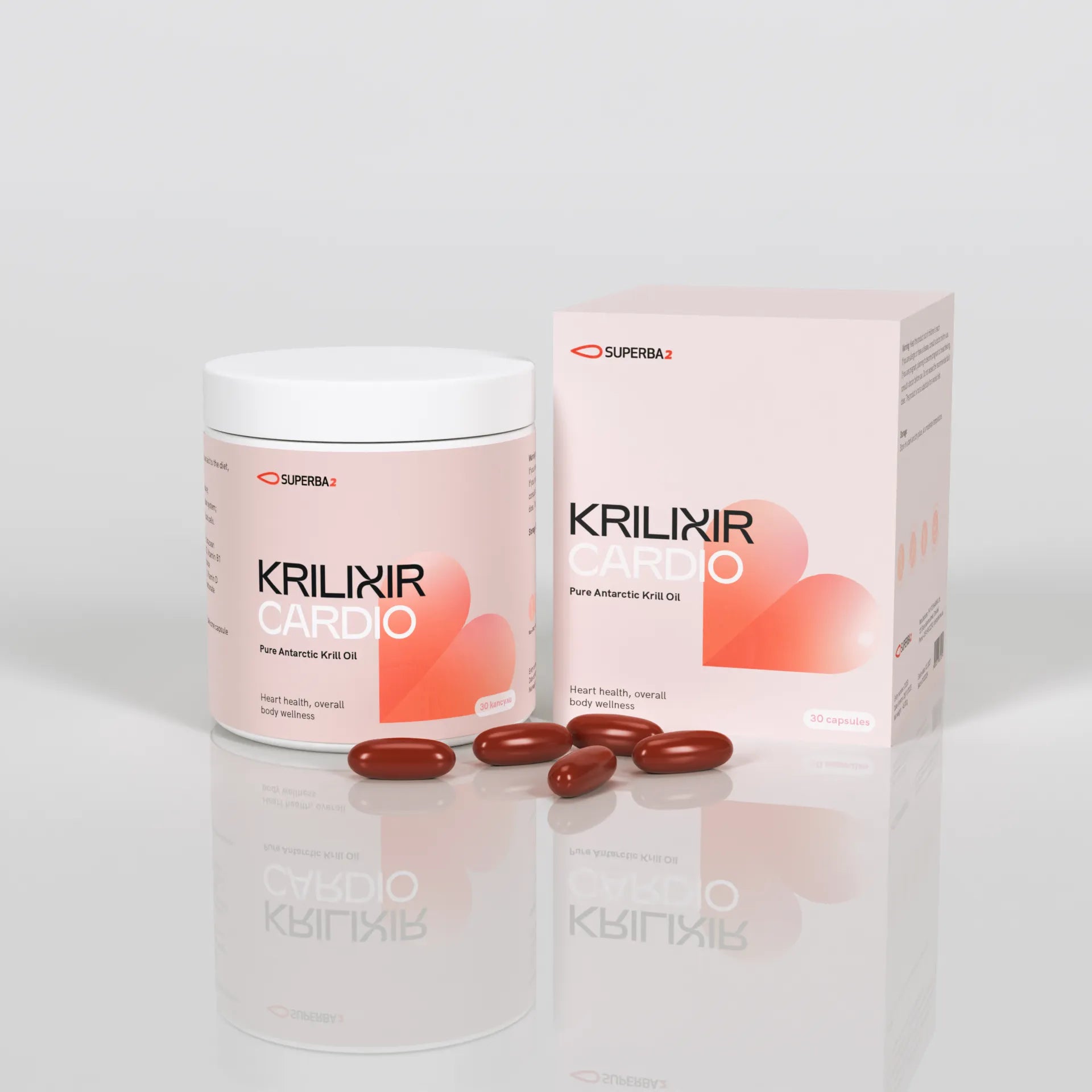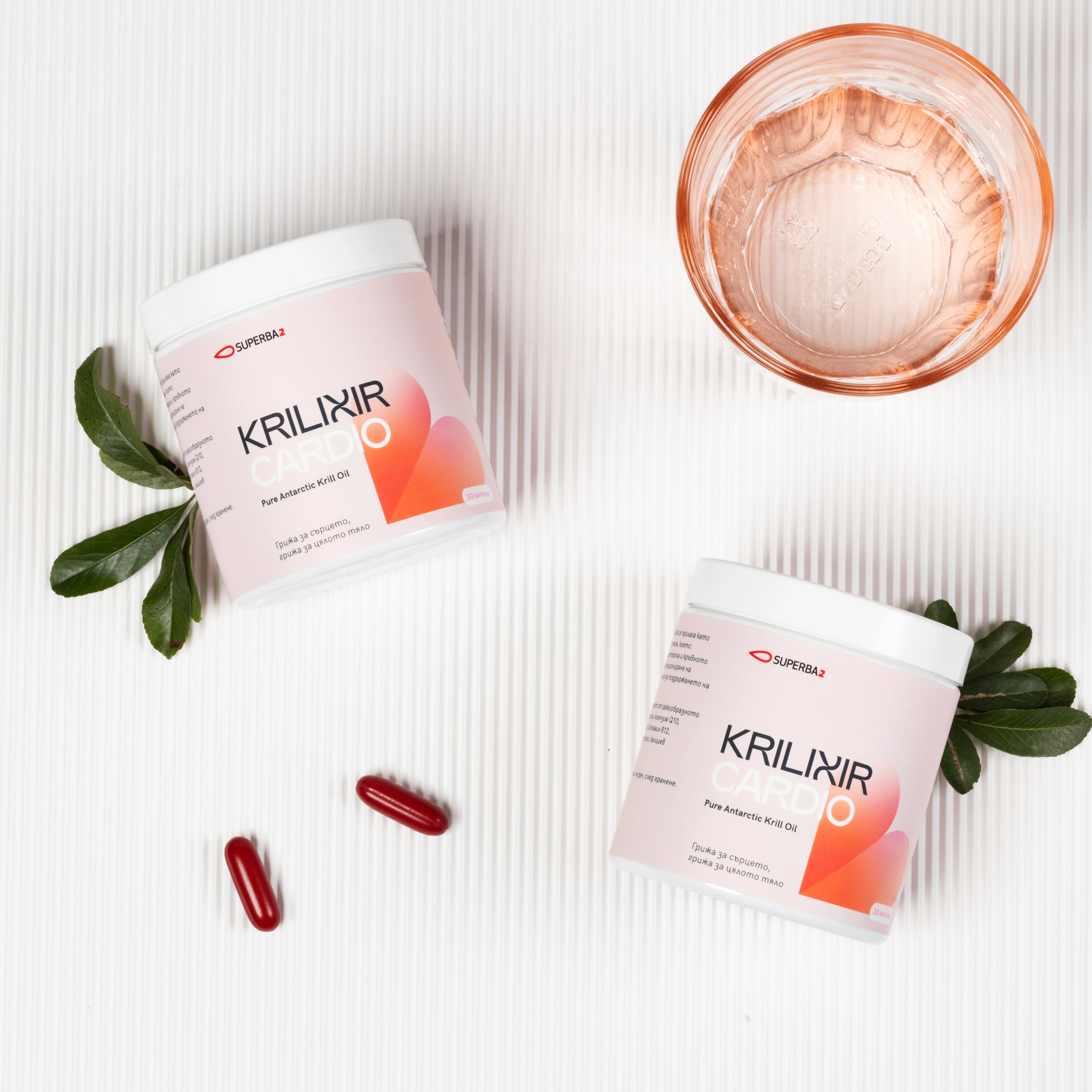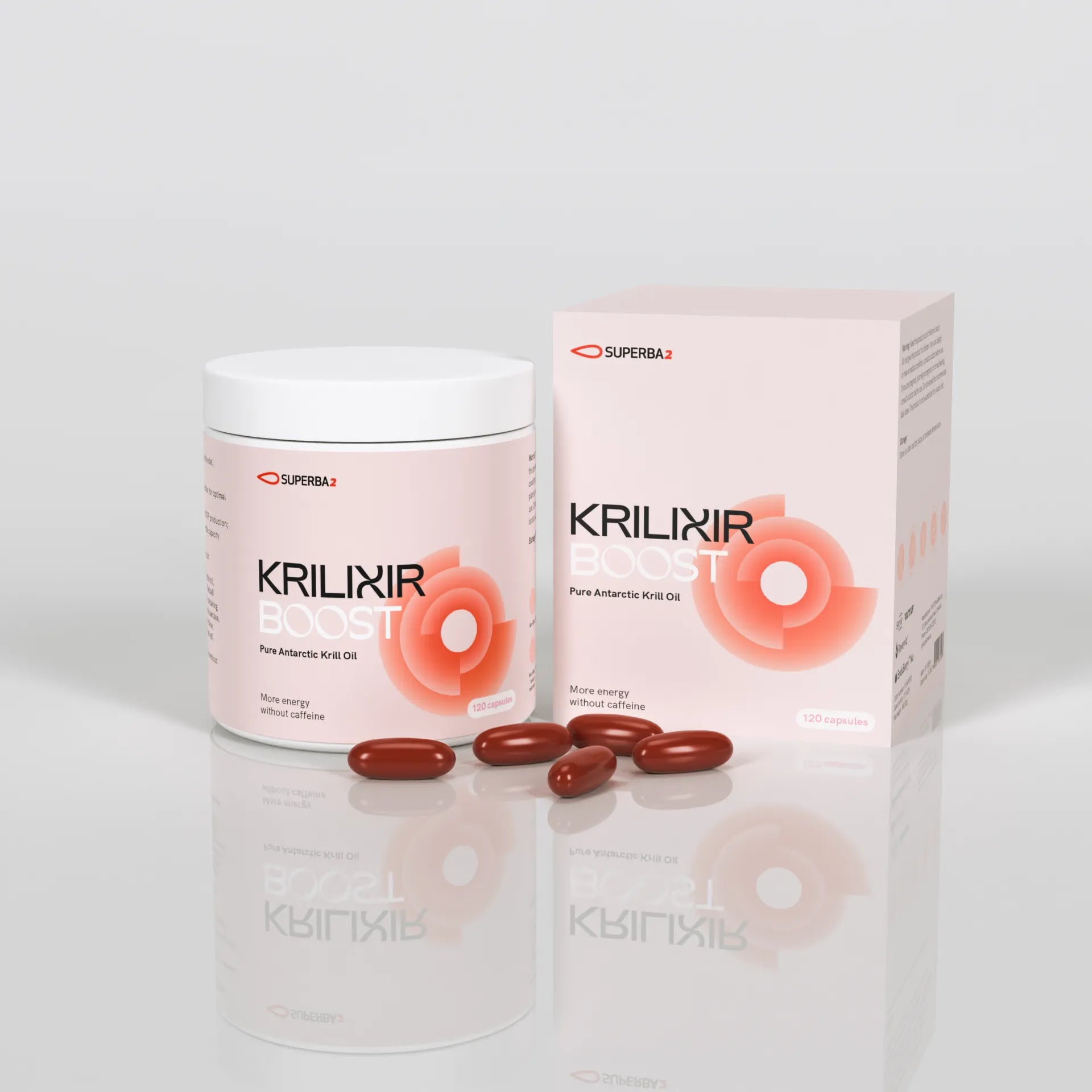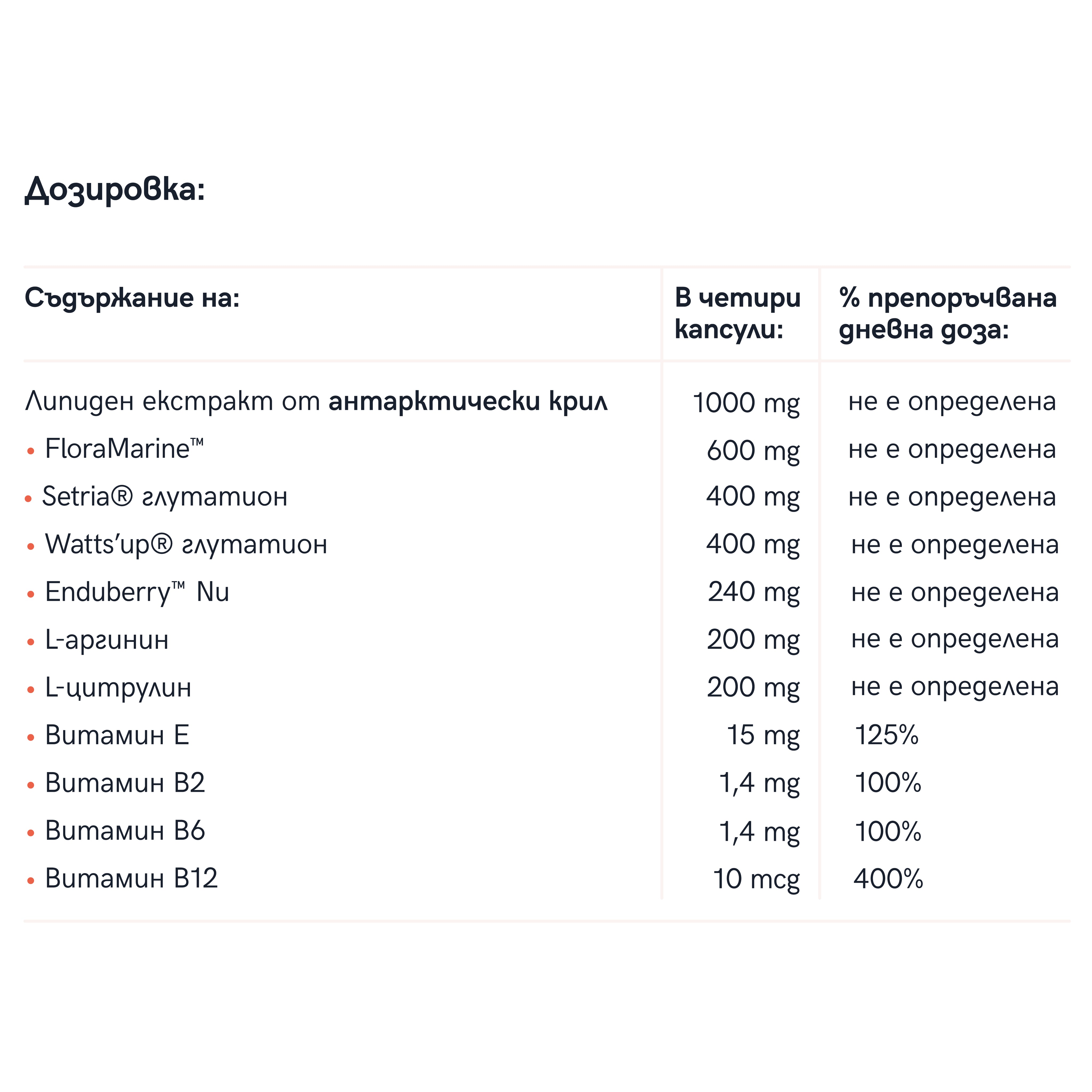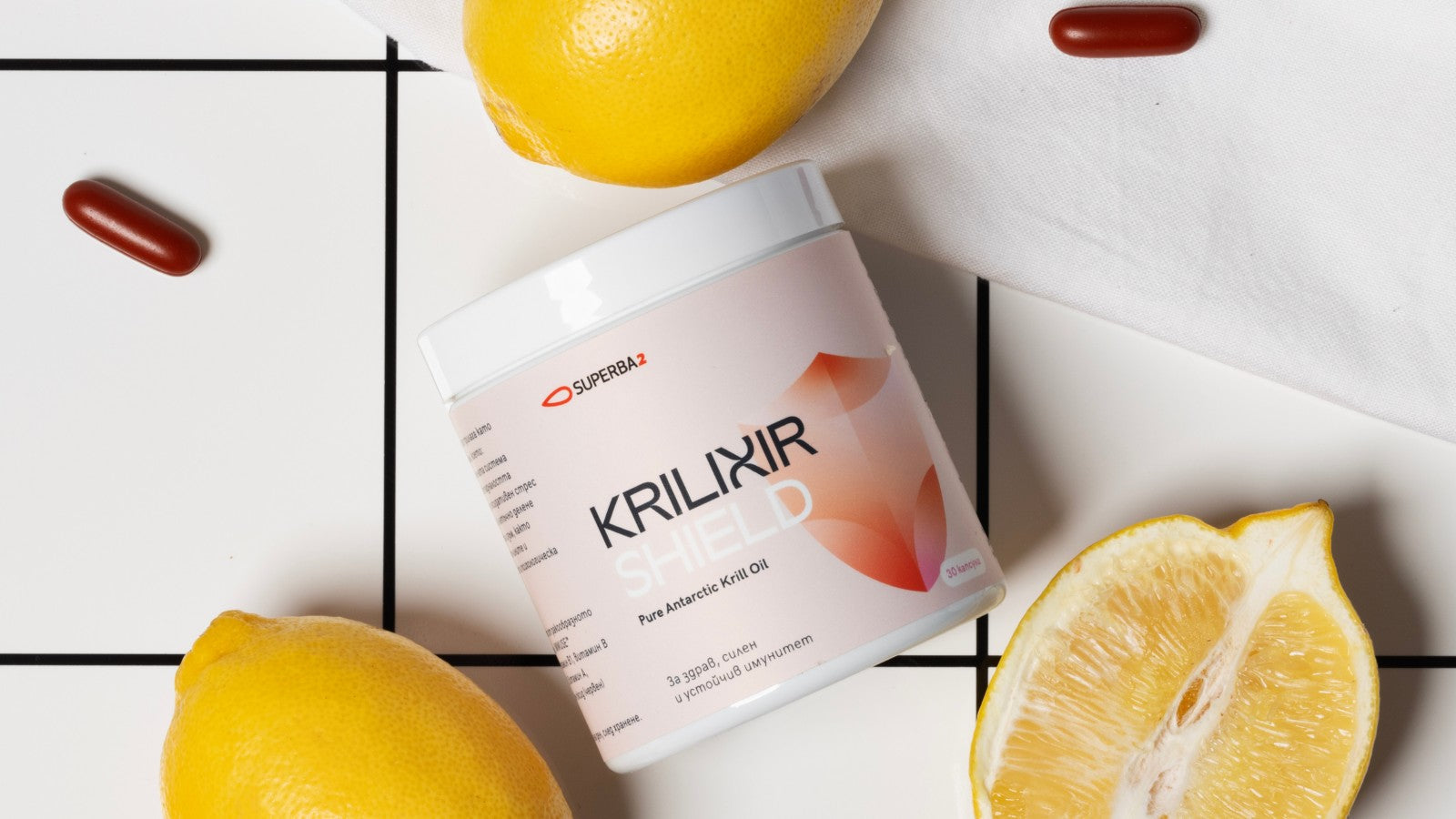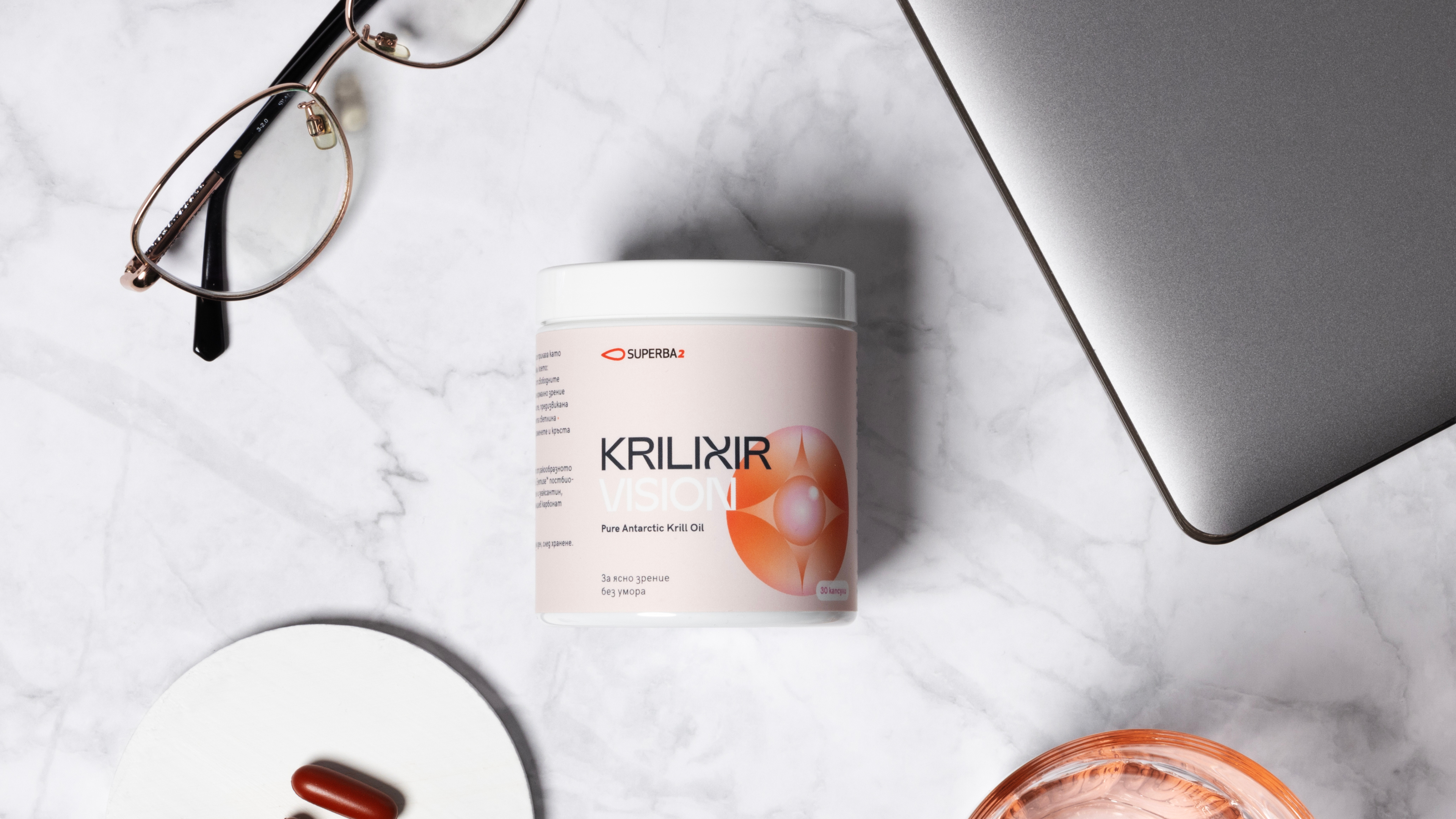How is Oil Extracted from Antarctic Krill?
Krill, a crustacean zooplankton similar to shrimp, is an integral part of marine ecosystems and plays a crucial role in the food chain. Krill lives in cold, nutrient-rich waters and is mainly found in the Antarctic Ocean.
These small creatures have remarkable ecological significance, serving as a primary food source for various marine species, including whales, seals, penguins, and numerous fish species. Despite their tiny size, Antarctic krill form huge swarms, often numbering in the billions, creating a natural spectacle. Feeding on phytoplankton and other microscopic organisms, krill filter nutrients from the ocean, turning them into a concentrated source of energy for higher trophic levels.
Besides its ecological role, krill also attracts attention because of its nutritional value. Antarctic krill oil is known in the commercial market for its unique nutritional composition and exceptional benefits for the human body.
How is oil extracted from Antarctic krill?
The harvesting of krill oil raises concerns about the impact on the ecosystem. Sustainable and eco-friendly krill fishing practices are applied, thereby ensuring that potential damage to nature is prevented.
- The Antarctic krill fishery in the Southern Ocean is strictly regulated, preventing overexploitation and ensuring the protection of the delicate ecosystem.
- The ships involved in wing collection adhere to strict guidelines to avoid adverse effects on other species, such as seabirds and marine mammals.
- The krill is known for its rapid reproduction rates, and the catch amounts to only 1% of the total biomass.
In contrast, traditional farming and the extraction of fish oil are associated with negative environmental consequences. Large-scale industrial fishing targeting species such as anchovies and sardines for oil production can lead to overfishing and disrupt marine food webs. By removing significant amounts of these fish, the delicate balance of ecosystems is disturbed, affecting predators that depend on them for food. Additionally, the process of extracting fish oil and its use in the production of dietary supplements involves overfishing and can contribute to the destruction of habitats and environments.
In contrast, krill, as a rapidly renewable resource, promises a more sustainable omega-3 supplement industry when managed responsibly. Balancing the nutritional needs of human populations with the preservation of marine ecosystems remains a challenge. Therefore, strict regulations and investments in research are necessary both in the krill industry and in the fish oil industry.
What are the benefits of krill oil?
The dietary supplement stands out with a unique profile, offering several health benefits that make krill extract foundational. Rich in Omega-3 fatty acids, phospholipids, choline, and astaxanthin, krill oil provides a unique set of advantages for human health:
- supports the cardiovascular system by promoting healthy cholesterol levels and reducing inflammation;
- the phospholipids in krill oil improve the absorption of Omega-3, providing more efficient delivery to the cells;
- the oil from Antarctic krill contributes to relieving joint pain;
- the supplement has a positive effect on vision and the liver;
- choline is associated with cognitive benefits, such as supporting brain function and memory.
Incorporating krill oil into the daily routine not only supports overall well-being but also offers a holistic approach to cardiovascular, joint, and cognitive health. Thus, the product becomes a valuable addition to a healthy lifestyle.
Krilixir should occupy a central place in the set of dietary supplements, part of every healthy diet.
Conclusion
Pure Antarctic krill oil is a unique dietary supplement. It stands out with its remarkable composition of vital nutrients for the body and the methods and techniques used in its extraction and processing.
Phytopharma and Aker BioMarine, the companies behind the Krilixir brand, stake their reputation and experience to provide their customers with the highest quality and most beneficial product. Thus, Krilixir ranks among the leading eco-friendly and nature-preserving brands on the Bulgarian market in providing pure Antarctic krill to its customers.
Through Krilixir health, energy, strength, and tranquility are guaranteed. Trust the brand for your source of krill - oil that gives life.
FAQ:
1. What kind of animal is krill?
Krill is a shrimp-like zooplankton, vital for the ocean ecosystem.
2. Where is krill found?
Krill can be found in the cold waters of the Antarctic Ocean.
3. Which is better, to consume krill or to take krill oil?
Taking krill oil has a positive effect on human health, offering multiple benefits for the heart, brain, liver, vision, joints, and metabolism. Direct consumption (eating) of krill is unpopular in the Bulgarian market, and the products that offer it are expensive and not widely available. Taking krill oil through dietary supplements ensures maximum effectiveness.

